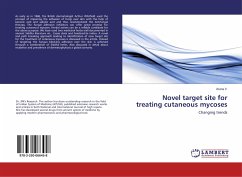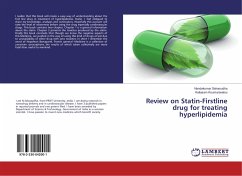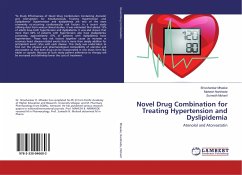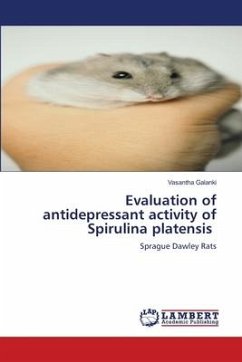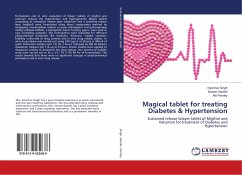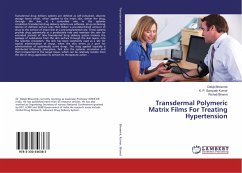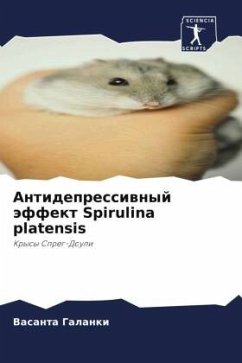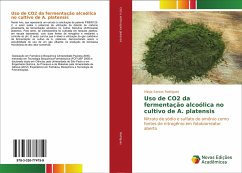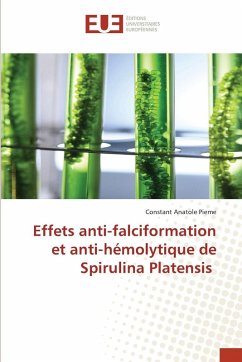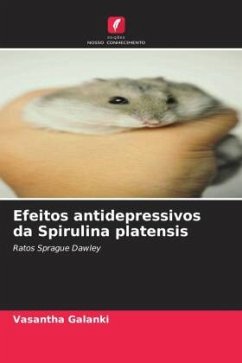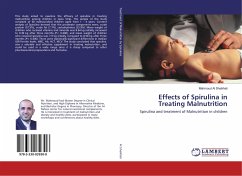
Effects of Spirulina in Treating Malnutrition
Spirulina and treatment of Malnutrition in children
Versandkostenfrei!
Versandfertig in 6-10 Tagen
33,99 €
inkl. MwSt.

PAYBACK Punkte
17 °P sammeln!
This study aimed to examine the efficacy of spirulina in treating malnutrition among children in Gaza Strip. The sample of the study consisted of 60 malnourished children aged from 1 - 4 years. Content analysis of Spirulina showed that the proximate components were; crude protein (57.5%), crude fat (7.7%), carbohydrates (23.9%). Mean weight of children who received vitamins and minerals was 8.64 kg initially, increased to 9.39 kg after three months (P= 0.000), and mean weight of children who received spirulina was 7.9 kg initially, increased to 8.58 kg after three months (P= 0.000). There were...
This study aimed to examine the efficacy of spirulina in treating malnutrition among children in Gaza Strip. The sample of the study consisted of 60 malnourished children aged from 1 - 4 years. Content analysis of Spirulina showed that the proximate components were; crude protein (57.5%), crude fat (7.7%), carbohydrates (23.9%). Mean weight of children who received vitamins and minerals was 8.64 kg initially, increased to 9.39 kg after three months (P= 0.000), and mean weight of children who received spirulina was 7.9 kg initially, increased to 8.58 kg after three months (P= 0.000). There were statistically significant differences in median IQR Ferritin levels, WBC, Hb, HCT, MCV. The study concluded that spirulina was a valuable and effective supplement in treating malnutrition, and could be used in a wide range since it is cheap compared to other pharmaceutical preparations and formulas.



